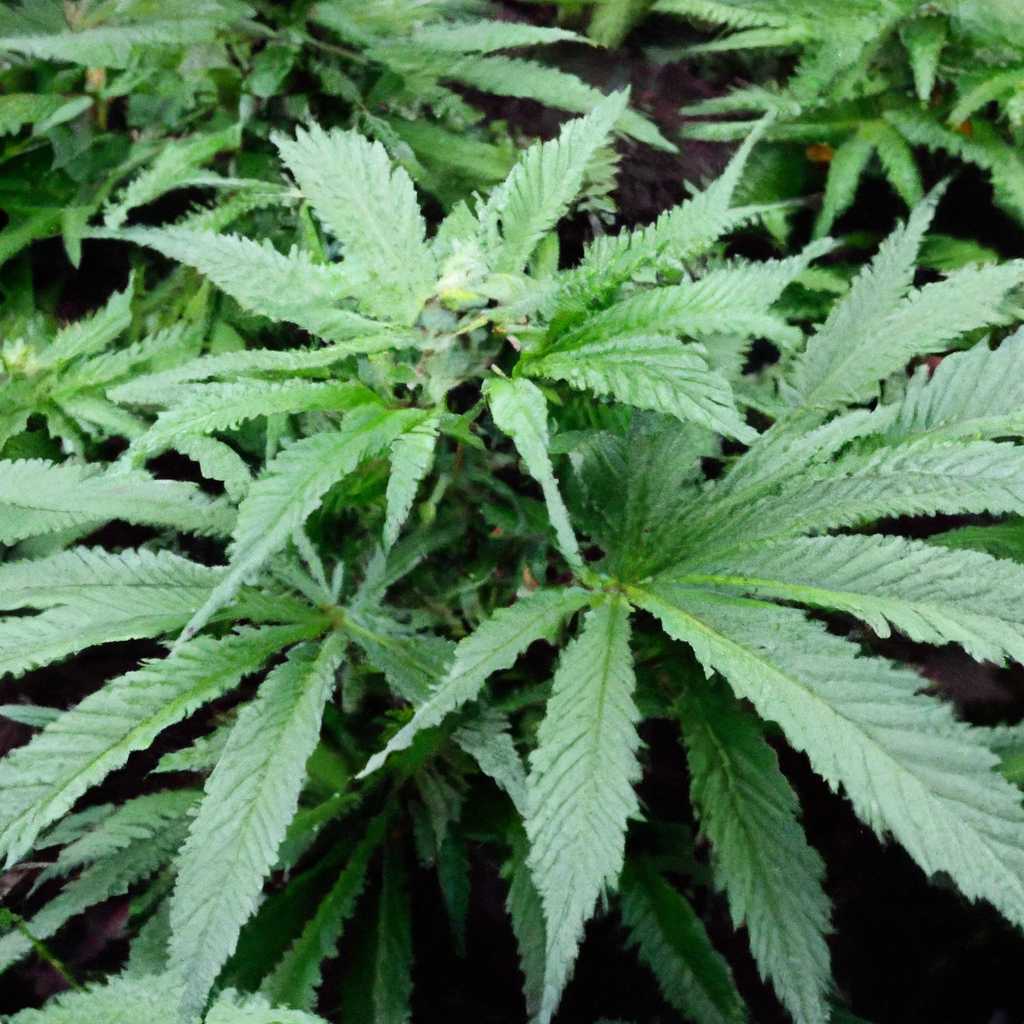Your cart is currently empty!
As the demand for eco-friendly products continues to grow, more cultivators are turning to organic practices for cannabis cultivation. With an emphasis on sustainability, natural fertilizers, and soil health, organic cannabis offers not only a superior product but also a way to protect the environment. In this guide, we explore the best practices for cultivating cannabis organically, focusing on creating a robust soil ecosystem, utilizing natural pest control, and promoting overall sustainability.
1. Nurturing Your Soil: The Heart of Organic Growing
Healthy soil is the cornerstone of any successful organic grow operation. To build a thriving ecosystem, consider the following practices:
- Start with Quality Compost: Use compost rich in organic matter. This supports beneficial microbial activity and improves soil structure and fertility.
- Incorporate Crop Rotation: Rotate your cannabis crops with other plants to prevent nutrient depletion and encourage soil biodiversity.
- Mulching: Apply a layer of mulch to retain moisture, suppress weeds, and add organic matter as it decomposes.
2. Natural Pest Control: A Sustainable Approach
Organic growing necessitates a strategic approach to pest management. Here are some eco-friendly methods to protect your plants:
- Introduce Beneficial Insects: Predatory insects like ladybugs and lacewings can control aphid populations naturally.
- Neem Oil: A natural pesticide that can be used to deter many common pests without harming beneficial organisms.
- Companion Planting: Grow plants such as marigolds and basil alongside cannabis to repel harmful insects naturally.
3. Leveraging Natural Fertilizers
Replace synthetic fertilizers with organic alternatives for sustainable growth:
- Fish Emulsion: Rich in essential nutrients for plant growth, it promotes lush, healthy foliage.
- Bone Meal: A great source of phosphorus, crucial for flowering and root development.
- Worm Castings: Improve nutrient uptake and enhance plant immunity with this rich organic material.
4. Benefits of Organic Cannabis
Growing cannabis organically not only supports environmental sustainability but also produces a superior product. Here are some benefits for consumers and the planet:
- Superior Flavor and Aroma: Organic cannabis retains a natural, rich bouquet of terpenes and flavors.
- Fewer Chemicals: Avoiding synthetic chemicals ensures a cleaner product, reducing health risks for consumers.
- Positive Environmental Impact: Organic methods reduce chemical runoff and promote biodiversity, supporting the health of the ecosystem.
Conclusion
Adopting organic practices in cannabis cultivation is a rewarding journey towards sustainability and superior product quality. By focusing on natural soil health, employing eco-friendly pest controls, and choosing organic fertilizers, growers can contribute to environmental conservation and offer consumers a cleaner, more aromatic product. The shift to organic is not just a benefit for individual growers but a step towards a greener, more responsible industry.


Leave a Reply